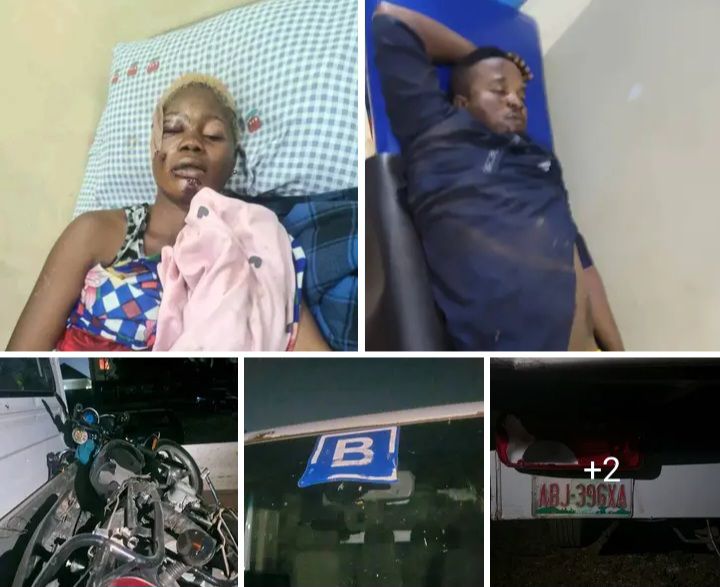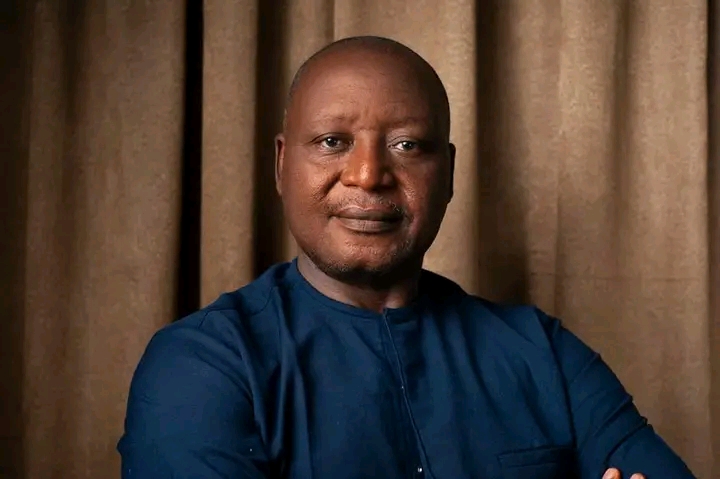Lere Natives Lampoon Hausa/Fulani Group For Disassociating Them from Southern Kaduna.
By: Isa Malami
The ethnic nationalities of Lere Local Government Area (LGA) of Kaduna State have come down strongly on a Hausa/Fulani group resident in the LGA after the group convened a press conference recently protesting the inclusion of Lere LGA as being part of Southern Kaduna, Kaduna State, Northwest Nigeria.
The natives of Lere who made their misgivings known throughout “Coalition of Concern Natives of Lere LGA” in a Press Statement made available to newsmen in Kaduna on Tuesday alleged that the Hausa/Fulani group was politically motivated with the sole aim of dividing the unity of Southern Kaduna.
Signed by Comrade Stephen Sale, Secretary of the Coalition and Comrade Engr. S.I Mori, acting Coordinator, Southern Kaduna Peoples Union (SOKAPU) Lere LGA Branch and others the statement reads:
“Our attention has been drawn to a Press Conference addressed by a group said to be Lere Local Government Unity Association Forum. One Barrister Nasiru Bello Dembo and his secretary Mallam
Ahmed Idris were signatories to the text of the Press conference which centered on the organizers of Southern Kaduna Cultural Festival (SKFEST) which ended on 28/12/2024 with a grand finale at the New Kafanchan Township Stadium
The group was angry that some political office holders from Lere LGA were tagged as members of “Southern Kaduna” in the program of the event which was jointly organised by SOKAPU, saying that it contradicted section 8, 48 and 72 of Nigeria’s Constitution. According to them, and rightfully so, Lere LGA is in Kaduna North Senatorial District. They therefore rejected the inclusion of Lere LGA in the geographical classification of “Southern Kaduna” and warned the organizers of the event to refrain from such publications to avoid causing confusion.
“They were obviously saying that our elected members mentioned in the text, who, ironically are not of Lere ethnicity, do not want to be associated with Southern Kaduna, and invariably us.
“We, the natives and owners of the land, as a Coalition hereby state the facts as below.
The term “Southern Kaduna” is made up of 12 LGAs. And that includes Lere (in Kaduna North Senatorial Zone).
Others are: Kajuru, Chikun, Kaduna South LGAs (both in Kaduna Central Senatorial Zone). The remaining are Kaura, Jemaa, Sanga, Zangon Kataf, Kagarko, Kachia, Kauru, Kachia LGAs (in Kaduna South Senatorial Zone).
This is to stress that “Southern Kaduna” is bigger than “Kaduna South Senatorial Zone.”
“Southern Kaduna” is a Geo-Socio/cultural enclave that’s defined by ethnography and ethnicity and is as old as the Iron Civilization of the Nok Terracotta dating back B.C.
According to the coalition Southern Kaduna is is totally different from “Kaduna South Senatorial Zone,” which is a recent geo-political demarcation created for the convenience of administration and representative democracy.
They added that the present Lere and Kauru LGAs used to be part of Saminaka LGA up till 1989 and the old Saminaka LGA was part of the Senatorial District of old Kachia LGA, comprising the present Kachia, Chikun, Kajuru and Kagarko LGAs (the 2nd largest in Gen. Gowon’s Nigeria of 1967) ans old Jema’a LGA comprising present Jema’a, Kaura, Sanga and Jaba LGAs represented by Senator Jacob Madaki, a great Bajju man from Zonkwa (now, Late) 1st October 1979 – 30th September 1983 and 1st October 1983 – 31st December 1983 (when Gen. Muhammadu Buhari ousted the Democratically elected administration of NPN/President Shehu Shagari.
“Present Lere LGA was extracted from the old Saminaka LGA. The boundaries were so manipulated to constitute an electoral constituency, such that it favored the state’s northern power, which today constitutes the Northern Senatorial District,” alleged the natives of Lere.
“This was the same manipulation done to old Kachia LGA where Chikun and Kajuru LGAs were extracted and taken to Kaduna Central Senatorial District all with the aim of “dismembering” the Southern Kaduna peoples as a voting block and a voice. We remain resolved that :
“These have not, will not and cannot remove the Southern ‘Kadunaness’ from Southern Kaduna people whether in Lere, Kauru, Chikun, Kajuru, Kaduna South or ALL the other LGAs for that matter; it is a matter of the heart,” the coalition said.
“For the record, SOKAPU is a sociocultural association and the constitution of Nigeria guarantees freedom of association. We the ethnic nationalities of Lere LGAs have decided to join similar ethnicities of Southern Kaduna, what then is the headache of Lere Local Government Unity Association Forum, which does not have a single Lere native among it?” they observed.
“The leaderships of our various communities in Lere LGA that have over the decades registered with SOKAPU and have been participating in her activities include Amo, Piti, Kinugu, Anir’Arahgu (Kahugu), Akurmi, Gure, Dingi, Janji, Lemoro and Jere.
“We wonder why our membership to SOKAPU has made Barr. Idris’ group jittery, indeed, Southern Kaduna is our ancestry.
“For the record, we were the ones that elected these political leaders and since identifying with our kinsmen in Southern Kaduna is now an offense to a group, we now know better. Rewriting our history and or changing our ancestry is too late!” the statement said in conclusion.
Community Development Association Presidents from ten ethnic groups of Lere LGA also signed the statement.







